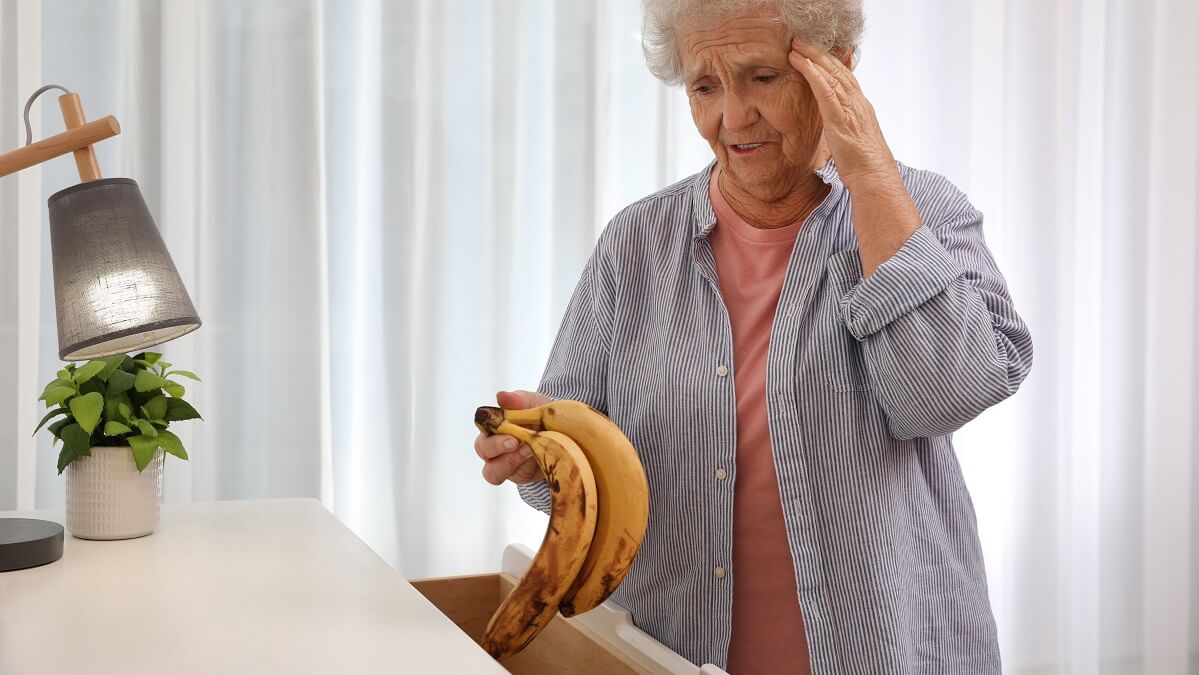If you could find out you might develop dementia years before the symptoms became obvious, would you want to know?
It’s a subject that’s had a lot of publicity since actor Chris Hemsworth announced in November that genetic testing had found he was eight to 10 times more likely to develop Alzheimer’s. He decided to take a break from acting as a result.
Well, research published by the University of Cambridge claims it may be possible to detect some signs of brain impairment up to nine years before an official diagnosis of dementia without genetic testing.
Read: Dentists issue warning on some supplements
The study, published in Alzheimer’s & Dementia, the journal of the Alzheimer’s Association, found that some testing results were obvious markers for patients who went on to develop dementia or a brain impairment.
Scientists drew on data from Biobank, a long-term study that began in 2006 and includes records from half a million UK volunteers. As well as biomedical data, the study collects information on lifestyle and a battery of tests including memory and reaction times.
The long-term nature of the study means scientists can go back and draw on the early testing of participants who later developed a brain impairment.
Read: How to lower cholesterol without changing your diet
According to the university, the study found that for every condition studied, including Parkinson’s disease, patients reported poorer overall health at baseline.
Study co-author Nol Swaddiwudhipong said: “When we looked back at patients’ histories, it became clear that they were showing some cognitive impairment several years before their symptoms became obvious enough to prompt a diagnosis. The impairments were often subtle, but across a number of aspects of cognition.
“This is a step towards us being able to screen people who are at greatest risk – for example, people over 50 or those who have high blood pressure or do not do enough exercise – and intervene at an earlier stage to help them reduce their risk.”
The study found that participants who scored poorly in problem solving tasks, reaction times, memory tests and pair matching often went on to develop Alzheimer’s. They were also at risk of developing a rarer form of dementia known as frontotemporal dementia. People who went on to develop Alzheimer’s were more likely than healthy adults to have had a fall in the previous 12 months.
While all this might be panic-inducing for the forgetful and the clumsy, the researchers urged people not to become overwhelmed by the findings.
Senior author Dr Tim Rittman said people should not be unduly worried if they have trouble recalling numbers.
Read: You want to age at home, but have you planned for it?
“Even some healthy individuals will naturally score better or worse than their peers,” he said.
“However, we would encourage anyone who has any concerns or notices their memory or recall is getting worse to speak to their GP.”
And while there is no cure for Alzheimer’s and dementia, early identification of at-risk patients might help put them into intervention and support programs, and even as recruits for further study.
“The problem with clinical trials is that by necessity they often recruit patients with a diagnosis, but we know that by this point they are already some way down the road and their condition cannot be stopped,” Dr Rittman said.
“If we can find these individuals early enough, we’ll have a better chance of seeing if the drugs are effective.”
Would you want to know if you were at risk of developing dementia? Why or why not? Why not share your opinion in the comments section below?

